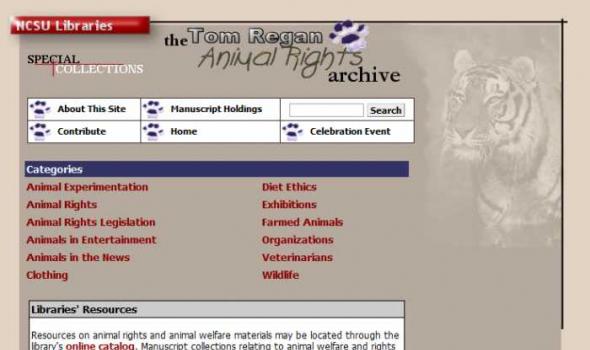Ethics
The Harvard Law School Library has approximately one million pages of documents relating to the trial of military and political leaders of Nazi Germany before the International Military Tribunal (IMT) and to the twelve trials of other accused war criminals before the United States Nuremberg Military Tribunals (NMT).
The documents, which include trial transcripts, briefs, document books, evidence files, and other papers, have been studied by lawyers, scholars, and other researchers in the areas of history, ethics, genocide, and war crimes, and are of particular interest to officials and students of current international tribunals involving war crimes and crimes against humanity.
This study concerns the controversial case of Alger Hiss, who was suspected of spying for Soviet Military Intelligence. It does not concern his guilt or innocence but whether the U.S. Army Military Intelligence used an undercover spy-catcher to penetrate Hiss’s defense and to plant evidence forged to secure his perjury conviction. If so, Hiss’s conviction—which ushered in the McCarthy era and thrust Richard Nixon to national prominence—represents an alarming intrusion of our military into civil affairs.
History of Medicine Canine Heroes and Medals During the Second World War, medical researchers and antivivisectionists drafted animals, primarily dogs, as partisans in the struggle over animal experimentation. With the rise of Cold War, pervasive anticommunism and fears of atomic annihilation moved animals and animal experimentation to center stage, mediating fierce conflicts over medical research and international politics. 22 May 2009
Collection Description See Also: Collection Description Cornell's Anti-Slavery and Civil War Collections The Cornell University Library owns one of the richest collections of anti-slavery and Civil War materials in the world, thanks in large part to Cornell's first President, Andrew Dickson White, who developed an early interest in both fostering, and documenting the abolitionist movement and the Civil War. Even before his arrival at Cornell, White used his lectures at the University of Michigan to respond to the issues of the War by pointing out to his students as many examples as he could of societies that valued the rights of free men over the shallow benefits of slavery. A.D.
This animal rights research site was designed by the NCSU Computer Science Senior Design Center students Shane Smith, Brenda Loehfelm, Sherry Pitz, Alan Seales, and Matt Senter, in consultation with the NSCU Libraries’ Special Collections, Digital Library Initiatives, and Systems Departments.
Peace and War in the 20th Century Welcome The twentieth century has been a century of war. It began with the Boer War in South Africa and ended with the Gulf War in Kuwait and Iraq. This tragic legacy suggests that citizens of the twenty-first century have a shared responsibility to attempt to understand how and why these conflicts occurred and to discover how peace efforts contributed to the resolution of international conflicts. The work of understanding, conscientiously conducted, must draw on primary sources of many kinds, including oral histories, newspapers, contemporary journals, government documents, regimental histories, and archives. Archival resources provide us with a direct link to the past.


























